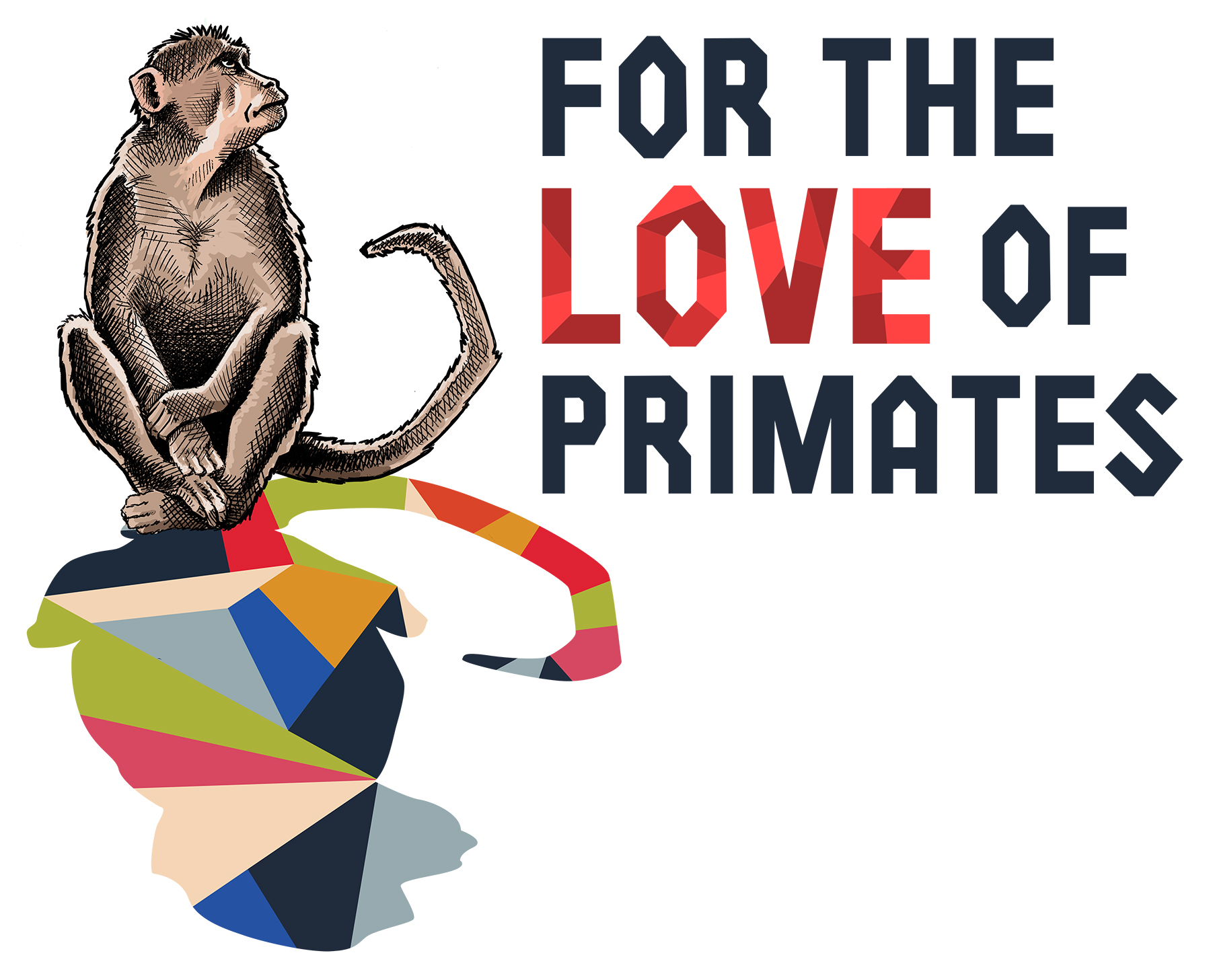Exploring "Chimp Crazy": A Cautionary Tale on Keeping Primates as Pets
The new HBO documentary "Chimp Crazy", which airs tonight, offers a compelling and eye-opening look into the lives of chimpanzees, revealing the complexities of their behavior and the challenges they face when kept as pets. This documentary serves as a crucial reminder that, despite their close genetic relationship to humans, chimpanzees and other primates do not make suitable companions for domestic life.
One of the central themes of "Chimp Crazy" is the inherent difficulties in caring for chimpanzees outside their natural habitat. The film showcases the emotional and physical needs of these intelligent creatures, which are often overlooked by those who consider them as pets. Unlike dogs or cats, primates require extensive social interaction, mental stimulation, and a complex environment to thrive. The documentary highlights numerous cases where well-meaning individuals have taken in chimpanzees, only to find themselves overwhelmed by their unpredictable behavior and demanding needs. This often leads to tragic outcomes, both for the animals and their caretakers.
The film also sheds light on the ethical implications of keeping primates as pets. When kept as pets, many primates are subjected to inadequate living conditions, which can lead to severe psychological issues. The documentary illustrates how these animals, when deprived of their natural social structures and environments, can develop behaviors that are harmful to themselves and others. This stark reality underscores the message that primates are not domesticated animals; they are wild beings that belong in their natural habitats or, when necessary, in well-managed sanctuaries.
This brings us to the vital role of primate sanctuaries, which are designed to provide a safe and nurturing environment for chimpanzees and other primates rescued from the pet trade. Sanctuaries offer a refuge where these animals can live out their lives in a setting that closely resembles their natural habitat, and this is exactly what For the Love of Primates is working to create. The documentary emphasizes the importance of such facilities, which not only provide care and rehabilitation but also serve as educational resources for the public.
By showcasing the stories of rescued chimpanzees, "Chimp Crazy" advocates for the need to support well-run sanctuaries. These organizations play a crucial role in raising awareness about the challenges faced by primates in captivity and the importance of conservation efforts. They also highlight the need for stricter regulations regarding the ownership of exotic animals, aiming to prevent future cases of neglect and abuse. This is why For the Love of Primates urges you to support the Captive Primates Safety Act (more about this in a later blog post!).
In conclusion, while "Chimp Crazy" will likely aim to entertain viewers, it is more than just a documentary; it is a powerful call to action. It urges viewers to reconsider the notion of keeping primates as pets and to support the sanctuaries that provide these magnificent creatures with the care they truly deserve. By understanding the complexities of primate behavior and the importance of their natural habitats, we can work towards a future where chimpanzees and other primates are respected as wild animals, not household pets.
